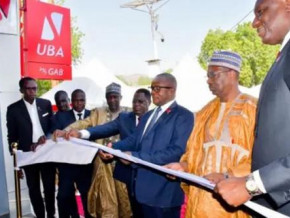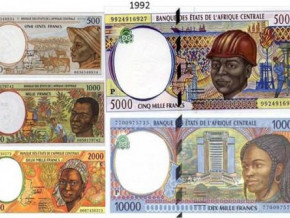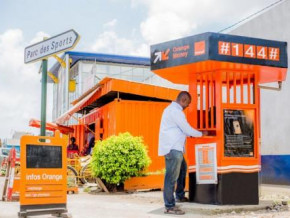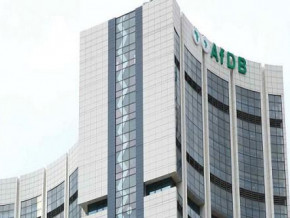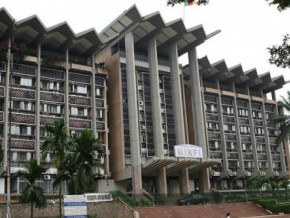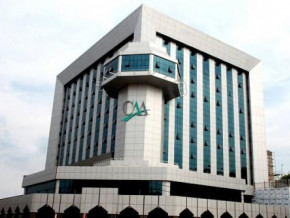
Cameroon cuts tax on new tire imports to spur quality use and local production
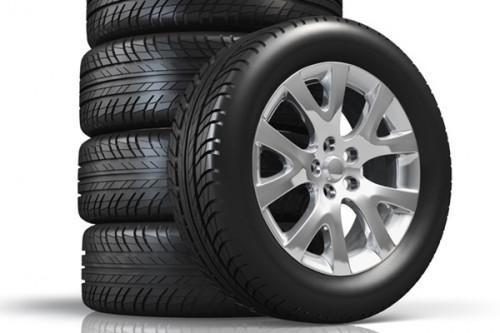
(Business in Cameroon) - The government of Cameroon has announced a 10% reduction in the taxable value of newly imported tires. This move, reported by the Minister of Finance -Louis Paul Motazé, aims to lower the cost of new tire imports into the territory. It is set to last for six months, with the possibility of an extension if required.
Minister Louis Paul Motazé stressed that the decision was taken following "the very high instructions of the Head of State... prescribing additional support measures after pump fuel prices were adjusted," starting from February 3, 2024. These presidential directives were communicated to him in a letter from Ferdinand Ngoh Ngoh, the Secretary-General of the Presidency of the Republic, dated February 23, 2024.
Beyond the official reasons provided by the Finance Minister, the reduction in the cost of importing new tires in Cameroon also aims to encourage the use of quality tires in the land transport sector. This sector often experiences road accidents caused by the use of poor-quality tires. However, although the decision by Minister Motazé appears to be a temporary measure, it emerges amidst the implementation of an import-substitution policy, which is designed to reduce imports while introducing incentives to foster the development of local production.
In this context, several projects for tire production facilities are in the pipeline. An example is the Cameroon Tyre Factory (CTF), a subsidiary of Neptune Holding owned by Cameroonian business operator Antoine Ndzengué. Currently marketing "Double Star" tires from the German company Double Star Industry, CTF plans to establish a production unit in Bomono, a suburb of Douala, for an investment of CFA400 billion. With an annual production capacity of 4.6 million units, the factory is expected to create about 2,500 jobs.
Such a project could potentially reduce consumer prices for new tires and narrow the country's trade deficit caused by the massive importation of both new and used tires. According to a report on Cameroon's external trade by the National Institute of Statistics (INS), the country spent CFA32.6 billion to import 23,164 tons of new tires in 2022. This expenditure represents a decline of approximately CFA1.2 billion from the previous year, as revealed by the INS report.
Furthermore, the INS document disclosed that Cameroon imported 6,596 tons of retreaded or used tires in 2022, costing just over CFA2 billion. The previous year saw imports of 6,913 tons of such tires, amounting to CFA1.8 billion. Contrary to popular belief, the INS data indicates that new tires, despite being more expensive, are more marketed and used in Cameroon than so-called second-hand tires.
Mags frontpage
- Most read 7 days
- shared 1 month
- read 1 month



